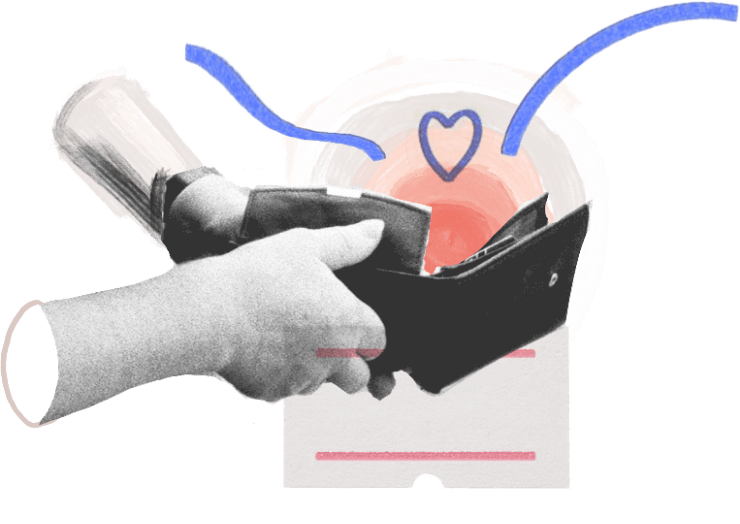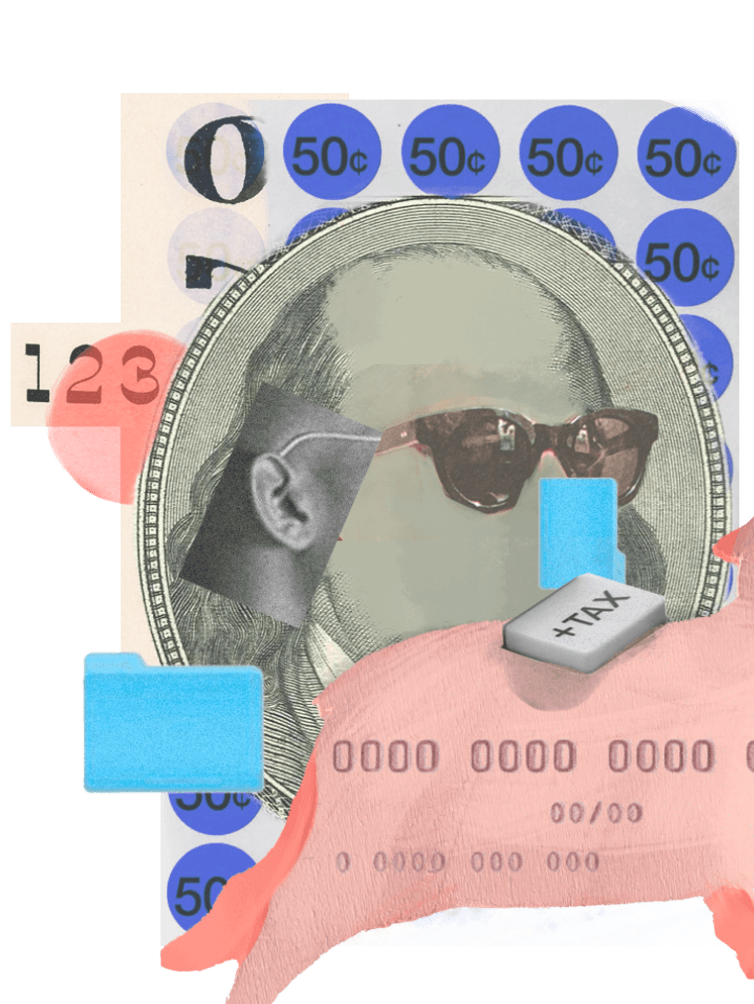
The Official Home of the Independent Workforce
Freelancers Union is a non-profit organization serving as a support system for independents through advocacy, education, and services. So, whether you’re a creative, a solopreneur, or a founder, we’re working to secure a better future for you.

Resources
Everything Everywhere
All in One Place
Freelancing has its benefits but it’s also tough figuring out all of the things you need to be successful. Lucky for you we've curated it all below.


Insurance for Freelancers
Find insurance to help you
plan for the future
When you buy insurance through us, you support our advocacy work at no cost to you.
Find InsuranceContribute
Help Us Support
Independent Workers
The union is powered by YOU.
Freelancers Union is funded through your support, which helps us advocate, educate, and provide vital resources to freelancers across all 50 states.
Donate Now







